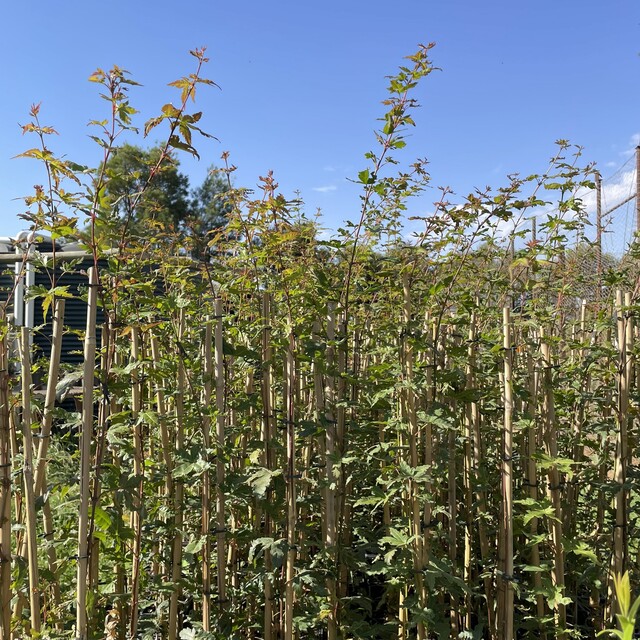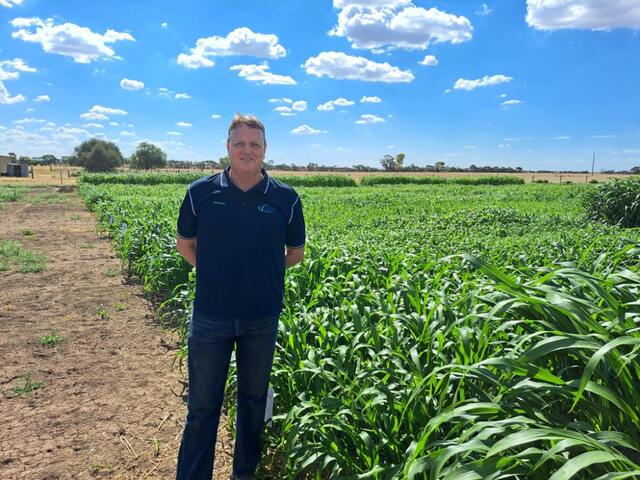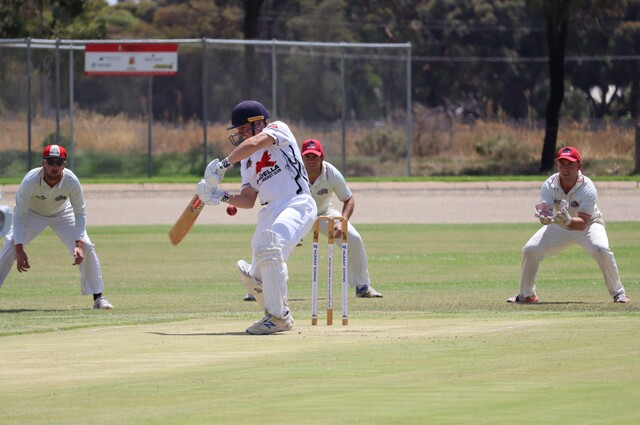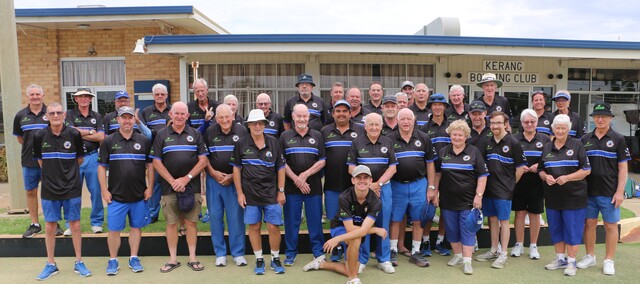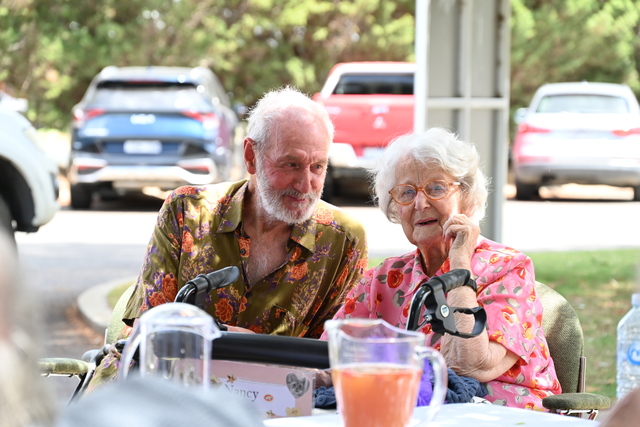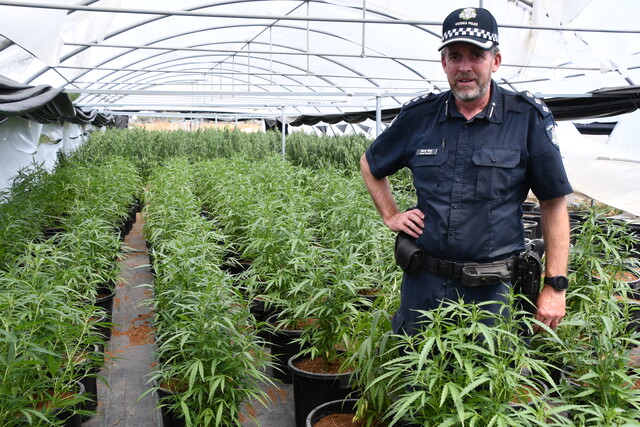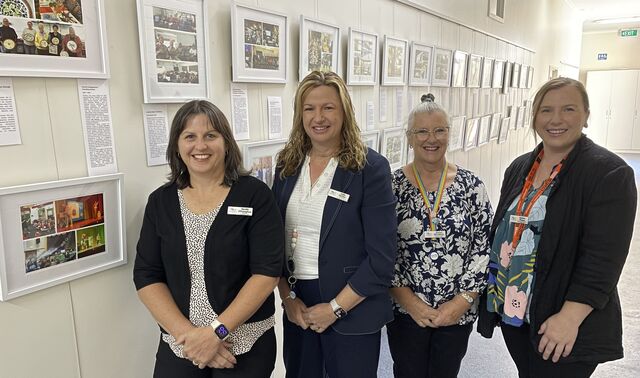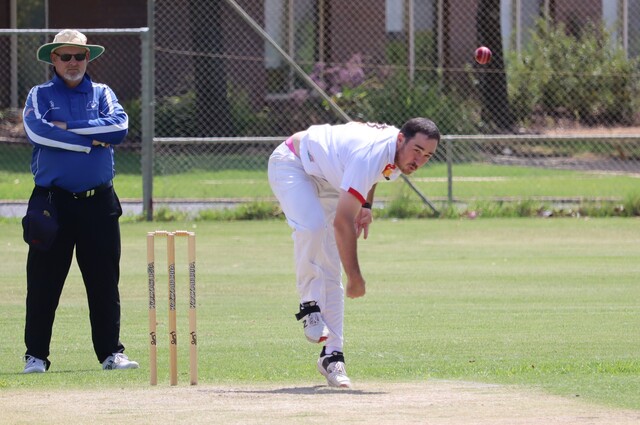Basin Plan needs fixing
IT was great to see Andrew Reynolds, the Murray-Darling Basin Authority’s (MDBA) executive director of river management acknowledging what is commonly understood by those living the reality of poor water management: “Water is scarce, and as river managers we need to store as much as we can for future use”.
Strangely enough, so did our forefathers, who had the vision of drought-proofing our nation through the construction of the Snowy Hydro Scheme, Hume and Dartmouth dams and the gravity-fed irrigation systems which rely on stored water for the production of food.
The delivery of the basin plan is based on sending stored water out to sea or evaporating it into the Lower Lakes; the end of the system and the Southern Ocean seem strange places to store water for future use.
The wastage of water over the last two years through the flawed assumptions of the basin plan is embarrassing for a first-world country.
It is time the MDBA did their job – be independent and do what is right for the entire basin, call out the problems and work to fix them, not just accept the failings and plough ahead accepting collateral damage along the way.
Ron McWhae,
Barham, NSW
New water minister must visit the region
THE only way the new federal water minister, Keith Pitt, can get a genuine understanding of issues in the Murray region of New South Wales is to visit and talk with local stakeholders.
He needs to prioritise a visit to ensure he is well versed on problems being faced with poor water management.
I was concerned when I recently heard Minister Pitt making comments about local issues, yet to my knowledge he has not conversed with local organisations.
He spoke about the need for infrastructure works at the Barmah Choke, however if he had a true understanding of the local environment he may realise these are unnecessary.
Concerns around the capacity of the Barmah Choke have been constantly raised for a long time.
While some have suggested it needs a by-pass to limit the environmental damage being caused, I believe a more sensible approach would be reducing the amount of water being pushed through the Choke, much of which gets lost through evaporation, transmission or being poured out into the Southern Ocean at the end of the system.
Unfortunately local people with expertise have been unable to explain potential solutions to some of the system’s issues to the Minister because we have not seen him, despite a promise during a flying visit he made with Nationals Senator Perin Davey to return and talk with local stakeholders.
We haven’t heard anything since.
I have particular concerns that Minister Pitt is only listening to his parliamentary colleagues, especially Environment Minister Sussan Ley and Senator Davey.
It is no secret that many people in our region disagree with the approach to fixing the Basin Plan from these politicians, especially Sussan Ley who we have lost faith in.
They appear to be following party directives, rather than advocating more strongly for our region.
When this opinion is expressed – honestly and transparently – the response has been to reduce engagement with local stakeholders, instead of trying to work collaboratively on solutions.
That is why it is important for genuine community consultation from Minister Pitt so problems being experienced can be explained from a local perspective.
There are solutions which can deliver a better Basin Plan and improve productivity which will benefit the entire nation.
I encourage Minister Pitt to talk to our local advocacy groups and listen to the solutions they have developed using expertise from local people with many years’ experience.
We have people who can help him deliver the balance and flexibility in the Basin Plan that was promised throughout its development but has been totally ignored during its implementation.
I encourage him to communicate with those who understand the local system through lived experience so we can work towards a more balanced and effective Basin Plan.
Brett Napier,
Blighty, NSW


